Maserati masters the art of the small showroom with a new Milan space
Maserati’s new concept showroom offers a window into the luxury sports car maker, providing a place for potential customers to immerse themselves in the ethos of the brand
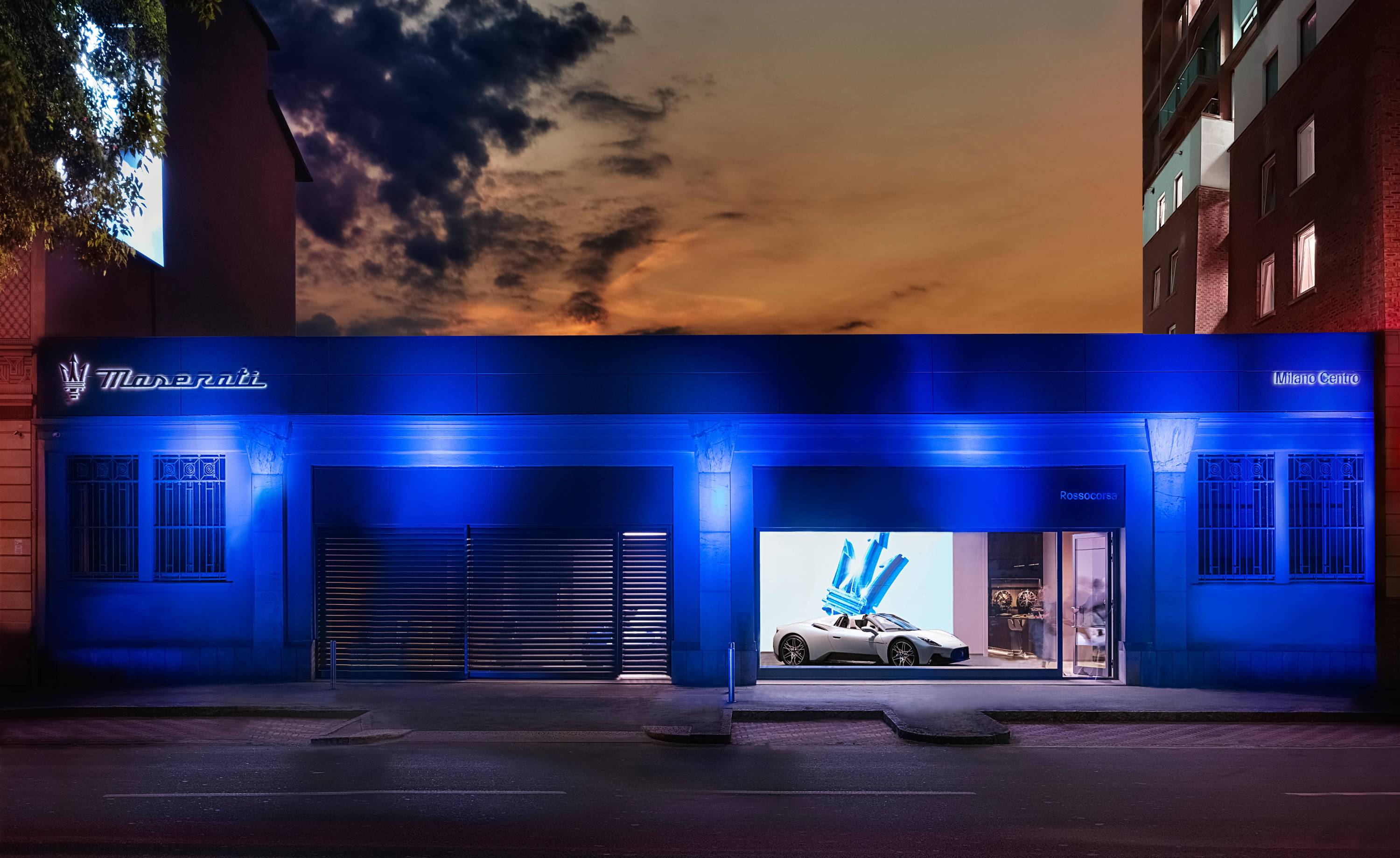
Retail concepts are all the rage in the auto industry. As the traditional dealership model starts to look increasingly old hat – both in terms of presentation and the amount of space required – car makers are turning to a blend of bolstered online experiences, one-on-one meetings and test drives, and smaller, urban showrooms that are better suited to off-the-cuff interactions. Maserati has picked the last, creating a space in Milan to showcase a new approach to selling cars.
New Maserati showroom concept
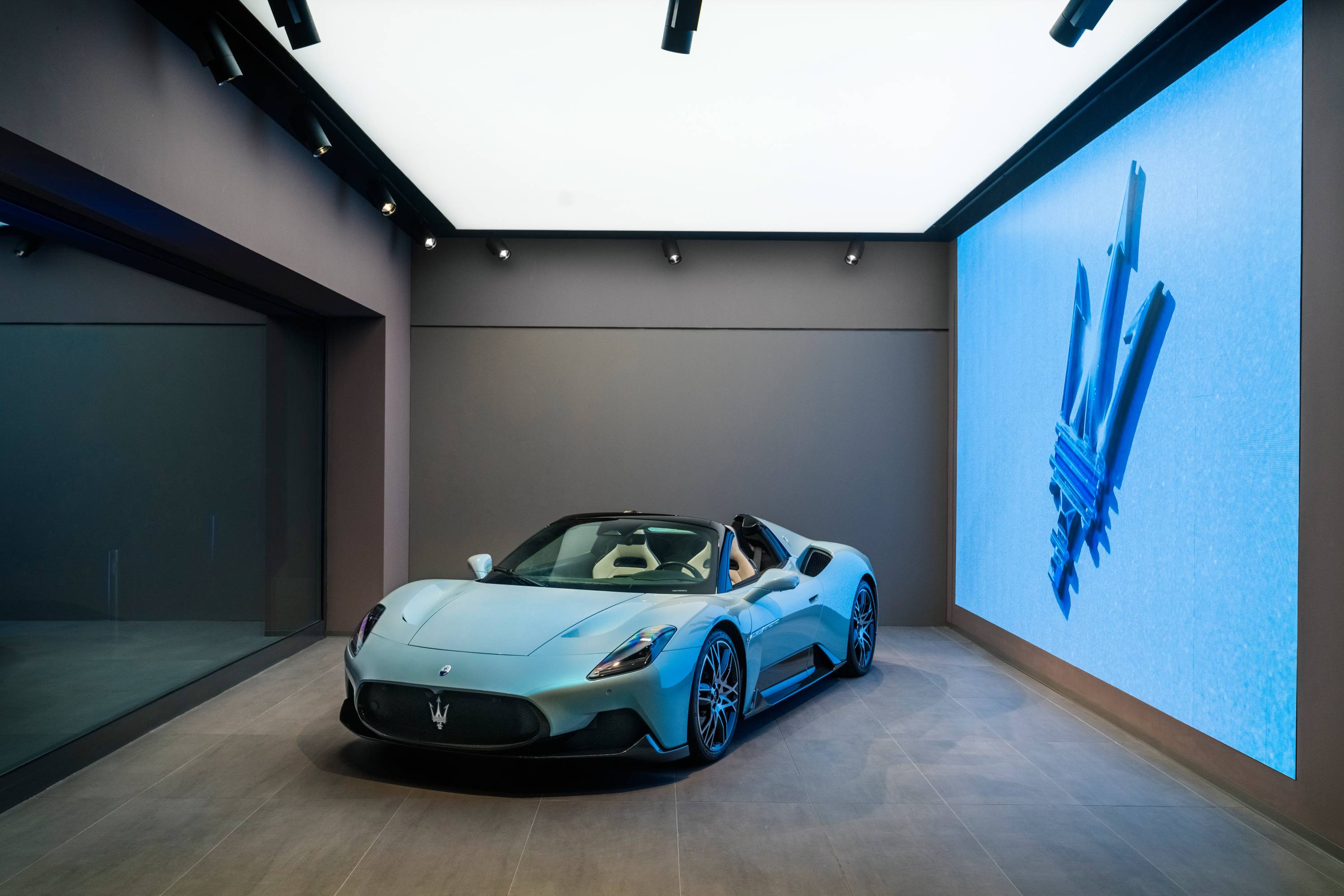
Wallpaper* spoke to Maserati’s head of design Klaus Busse, Tim Kobe, CEO and founder of NY-based agency Eight Inc, along with designer Markus Nonn, about the debut of this new store. We started by asking how Maserati did things in the past.
‘When I’m travelling it’s a hobby of mine to visit our dealerships around the world,’ says Busse. ‘Some are great, like in Dubai, some are a bit inconsistent. As someone who lives in the future of the brand, I have expectations. How can we evolve the storytelling process inherent in selling a car?’
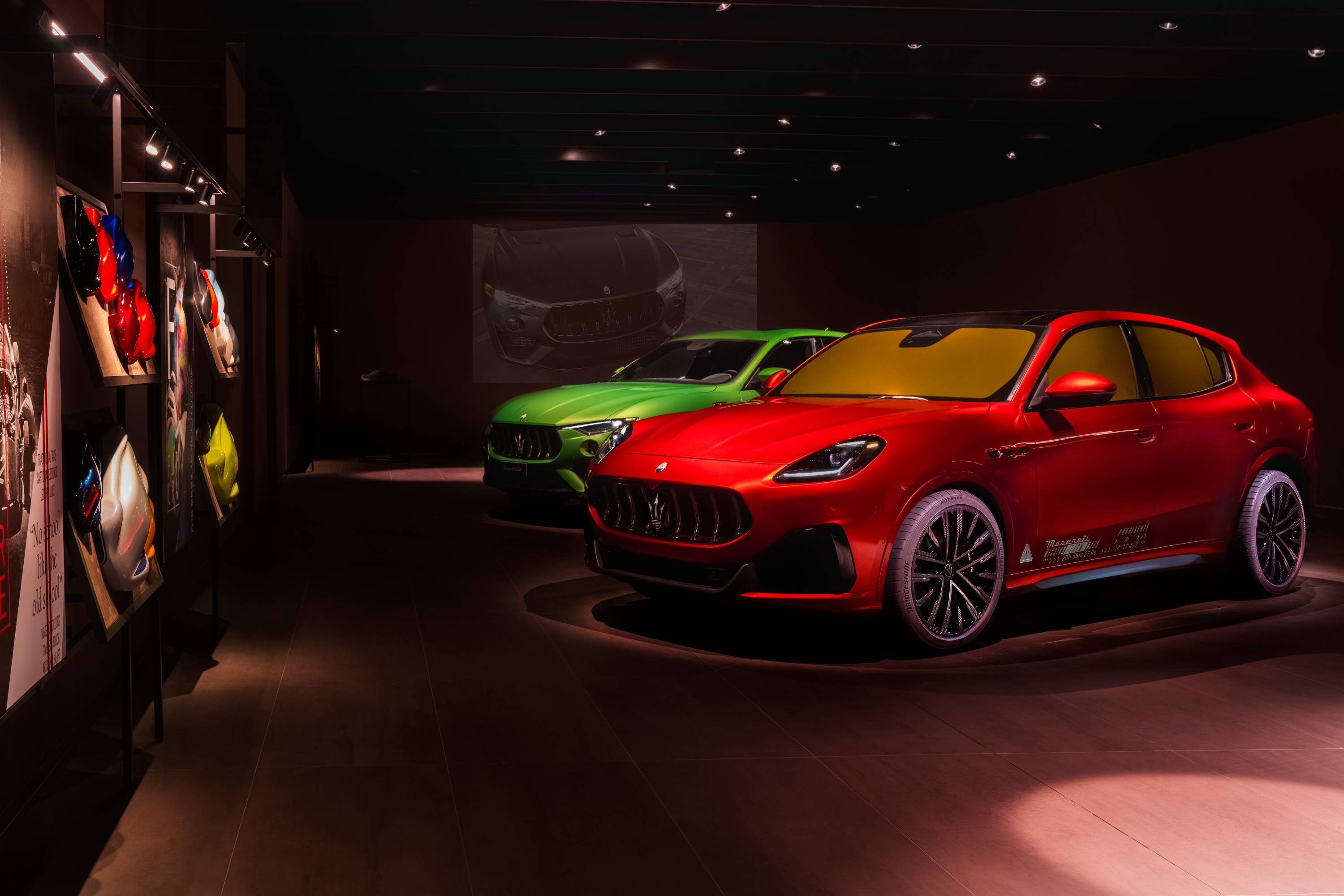
Maserati approached Eight Inc to handle the shaping of these new environments, the first of which is in Milan’s Magenta district. ‘[To start with], we looked at what Maserati’s values are,’ says Kobe. ‘The idea was to move away from a “showroom” to a “do-room”, a place we could have a dialogue, not a monologue.’
Does the arrival of this store concept signal a shift in the customer’s approach? ‘I think so,’ Busse says. ‘There are different types of cars. Maserati exists in the category where you can close your eyes and see the brand playing in your own internal cinema. But people have different responses – that’s the beauty of the brand. It’s a universe – an emotion. These things have to be addressed by the dealership.’
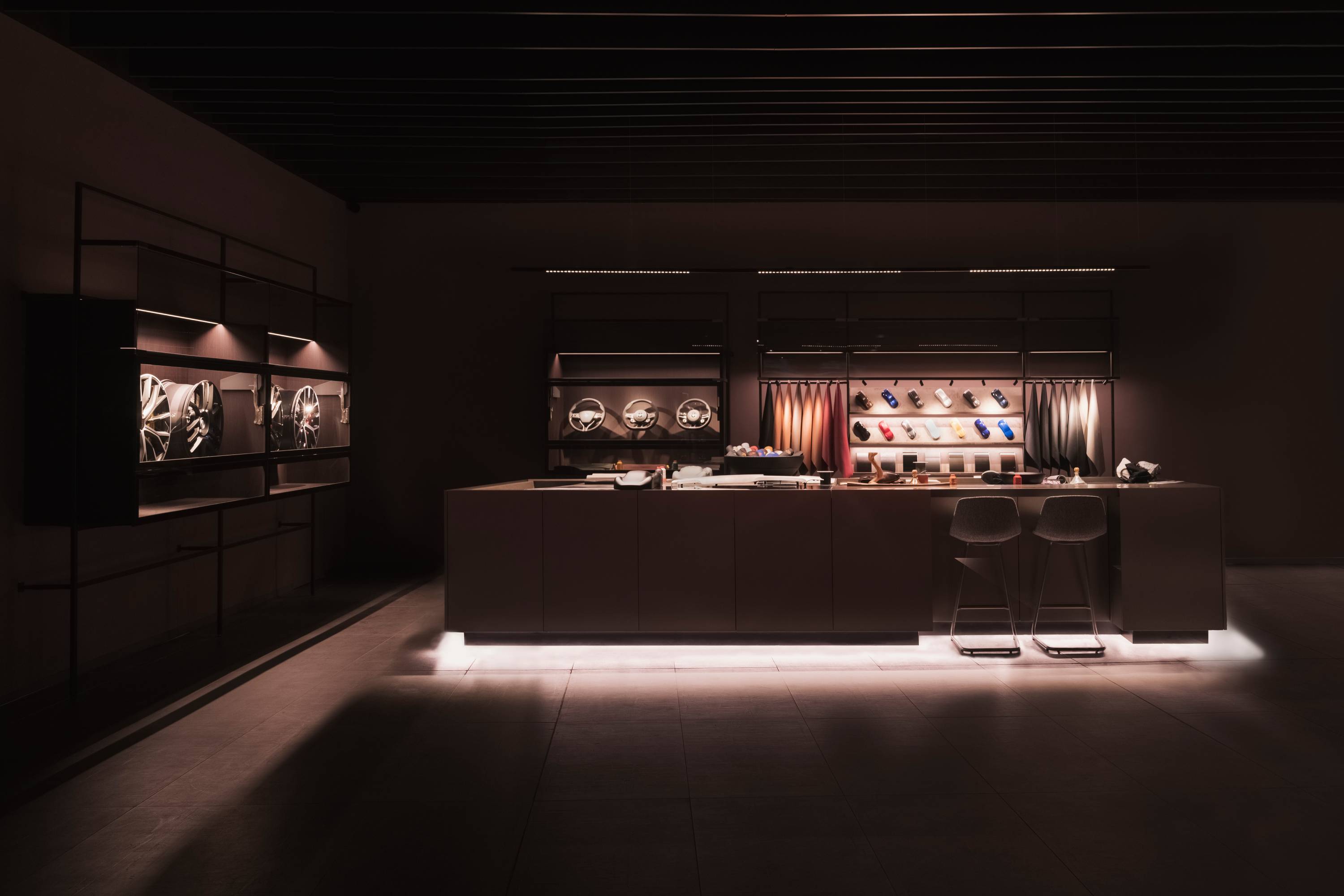
Quality is ultimately an attitude in the mind,’ says Kobe. ‘We put the vehicles in a context so you can tell a story about Maserati and help grow the relationship with the customer.’ To this end, the Milan concept eschews the convention of having a clutch of shiny cars to navigate past, and opens with a more informal seating area. ‘For the casual visitor, there has to be something to interact with,’ says Busse. ‘The first step is like a soft landing, an introduction to the brand.’
From here, with the sights and sounds of Maserati all around, albeit muted and less overt than, say, at a motorshow stand, potential customers are invited to what Kobe calls a ‘kitchen layout’, an interactive mood board of samples, imagery, and tactile experiences.
Receive our daily digest of inspiration, escapism and design stories from around the world direct to your inbox.
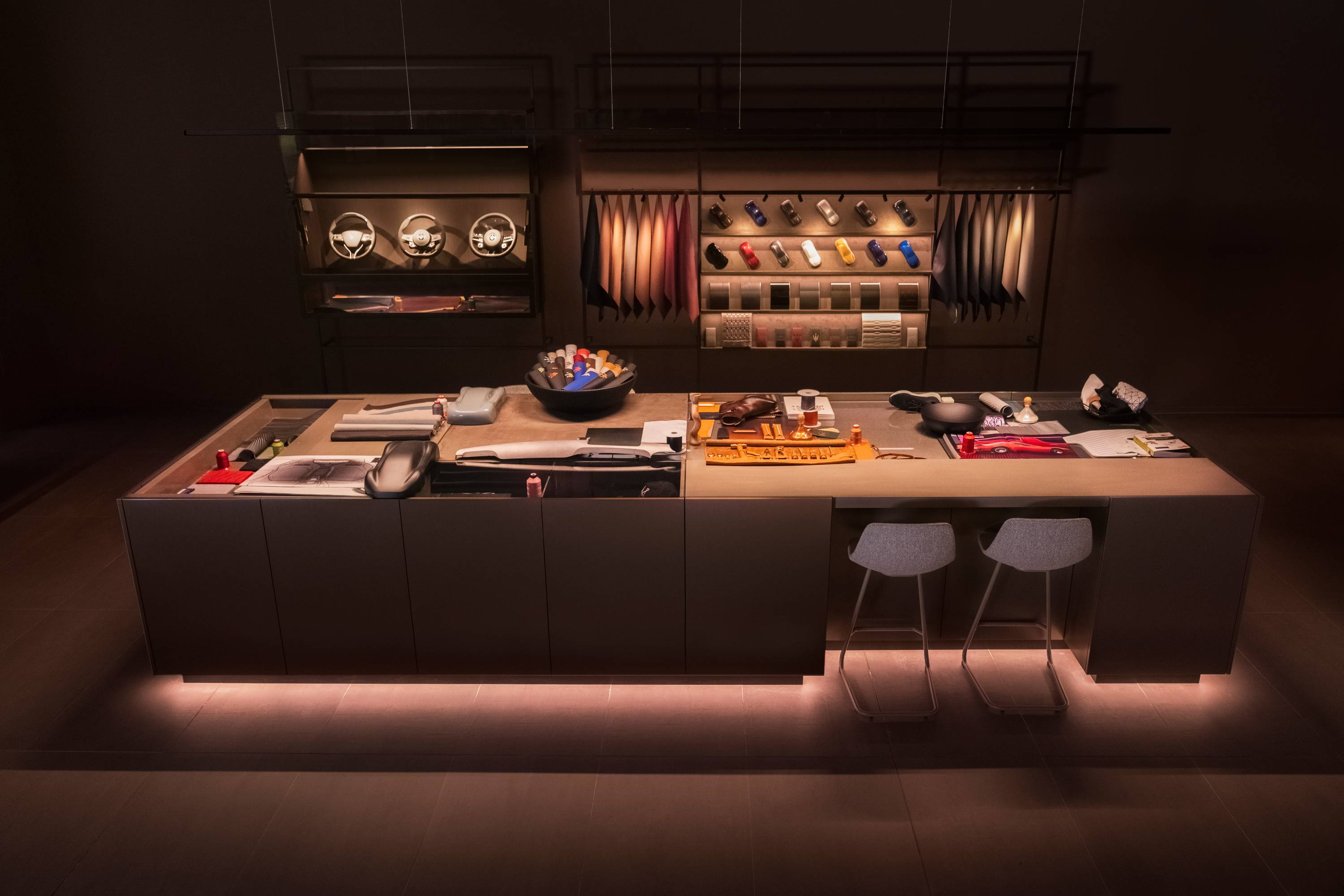
‘It really is a kitchen table, where all the best conversations happen at parties,’ says Busse. ‘Only then do we introduce you to the cars – using customised models from the company’s Fuoriserie customisation programme. In keeping with many luxury brands, a Fuoriserie car allows you to start with a blank slate and personalise practically every aspect of the car, from interior stitching to bespoke leather and bodywork colours.
‘The dealership is a canvas – it allows us to modify things to stay relevant.’ A coffee bar and displays showcasing traditional craft methods and key Maserati design elements are paired with a cutting-edge MXE 3D digital configurator, which allows customers to work up ‘their’ car, there and then. It’s more akin to a tailor’s or a shoemaker’s than a conventional car showroom.
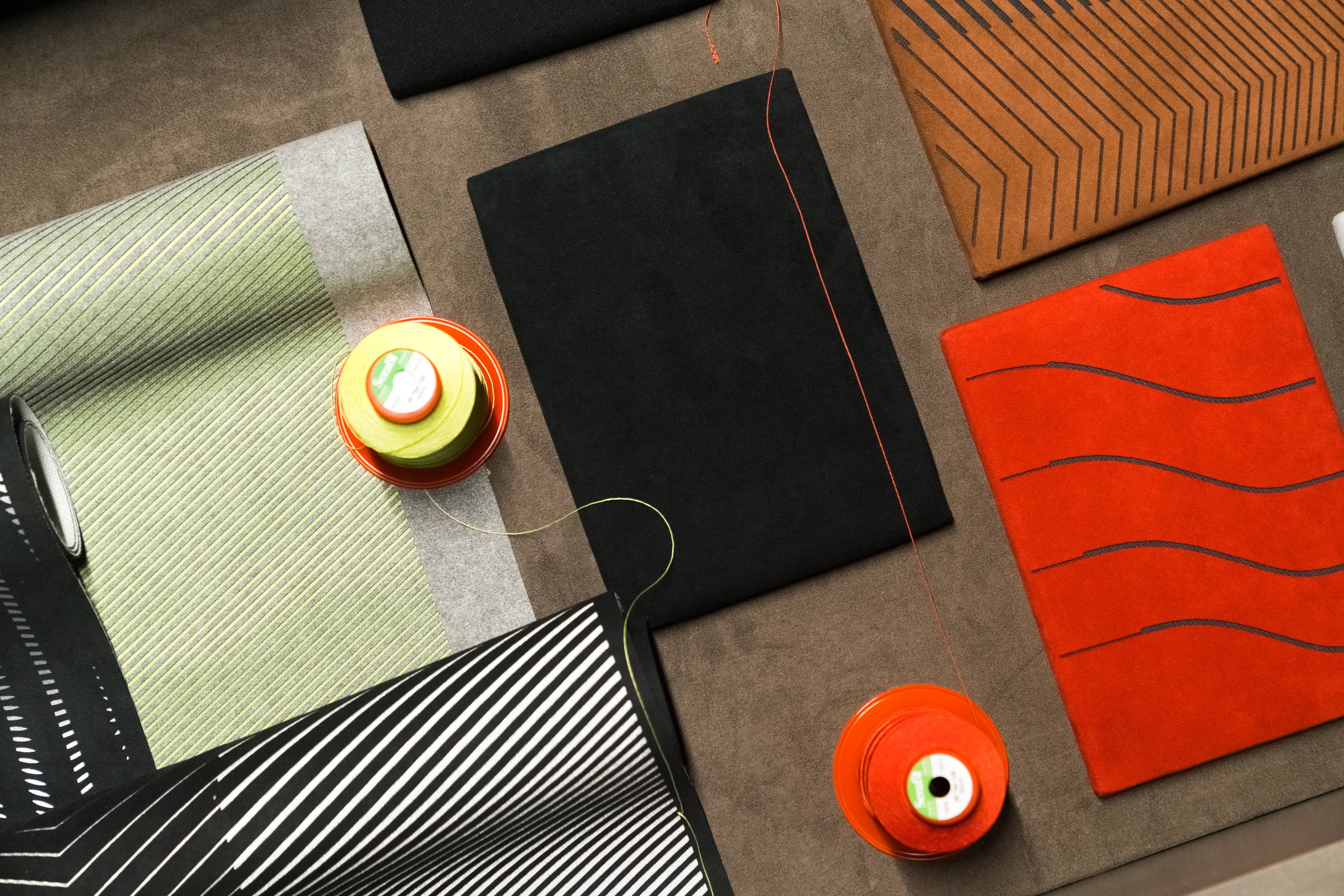
Working with Eight Inc and existing furniture partner Cassina, as well as lighting partners Zumtobel and iGuzzini, the concept showroom provides a flexible backdrop for new models, as well as old favourites.
‘Historically we have a number of different cars, from the elegance of the 3500 GT, or the bad boys of the 1980s like the Shamal or the Biturbo,’ says Busse. ‘We didn’t want a showroom that only addressed one aspect of the brand. We’re now in this beautiful world of pure customisation and we can use the videos, lighting, and mood of the showroom to emphasise this.’
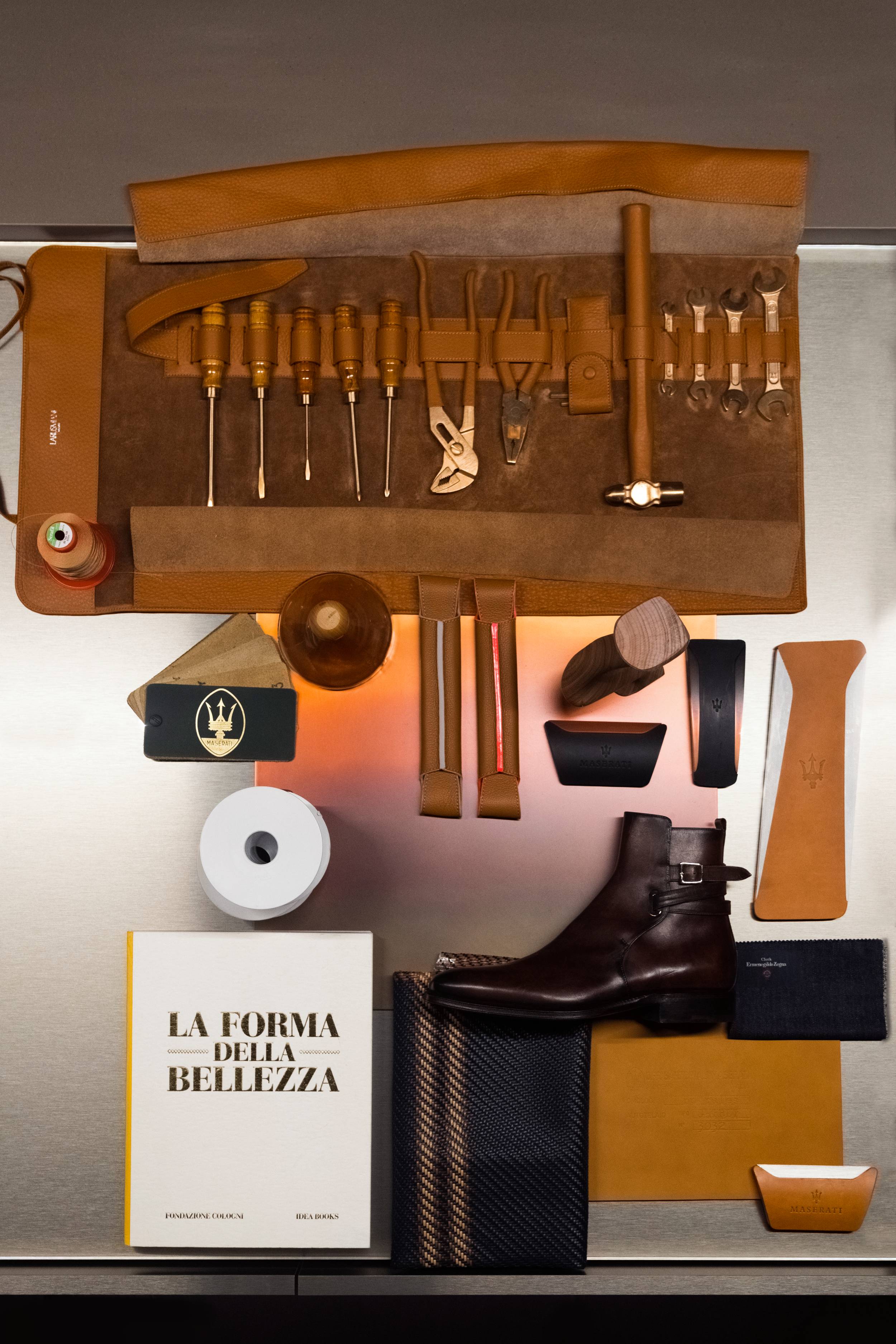
The building blocks evident in this Milan concept will soon be seen in Hong Kong, Shanghai, Madrid and elsewhere before the end of the year, with more locations to come. The traditional dealership is more about product and transaction, not what Busse describes as ‘the story, the dream and the emotion’.
‘From my point of view as one of our brand stewards,’ the designer continues, ‘this is a beautiful concept that allows us to create a closer touchpoint with our customers
INFORMATION
Jonathan Bell has written for Wallpaper* magazine since 1999, covering everything from architecture and transport design to books, tech and graphic design. He is now the magazine’s Transport and Technology Editor. Jonathan has written and edited 15 books, including Concept Car Design, 21st Century House, and The New Modern House. He is also the host of Wallpaper’s first podcast.